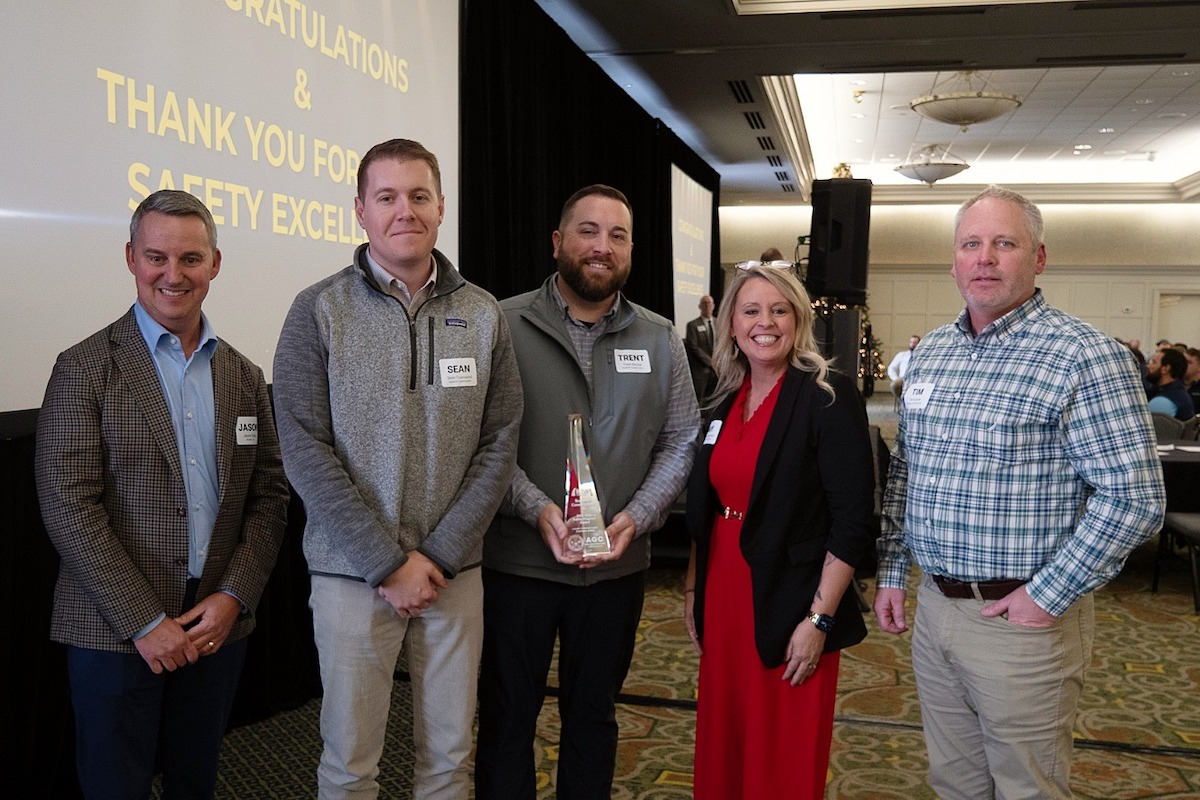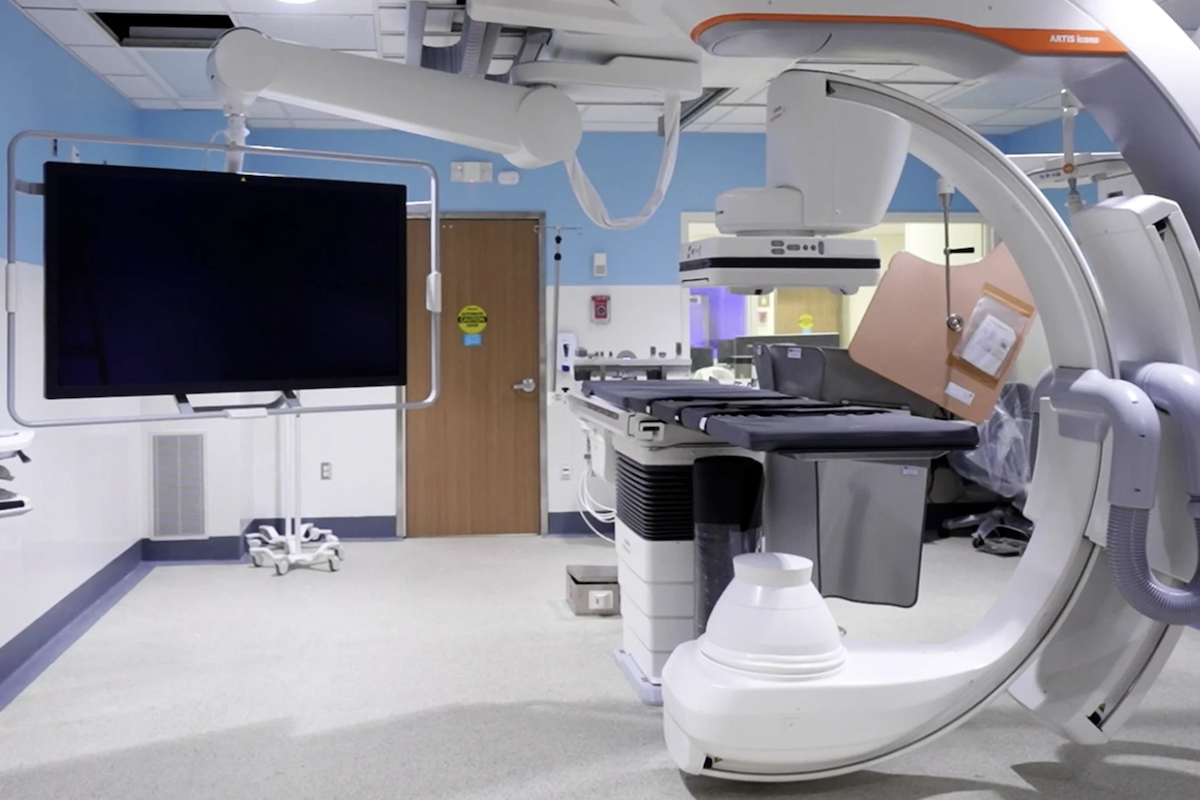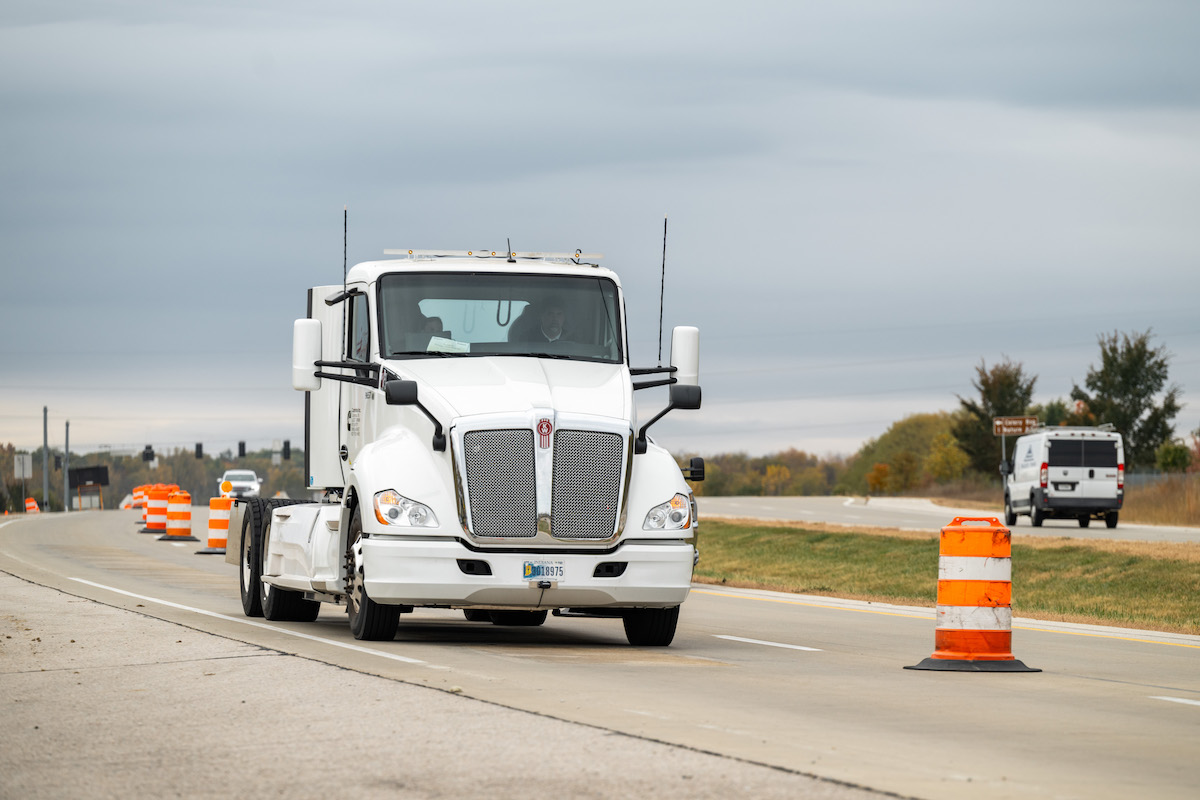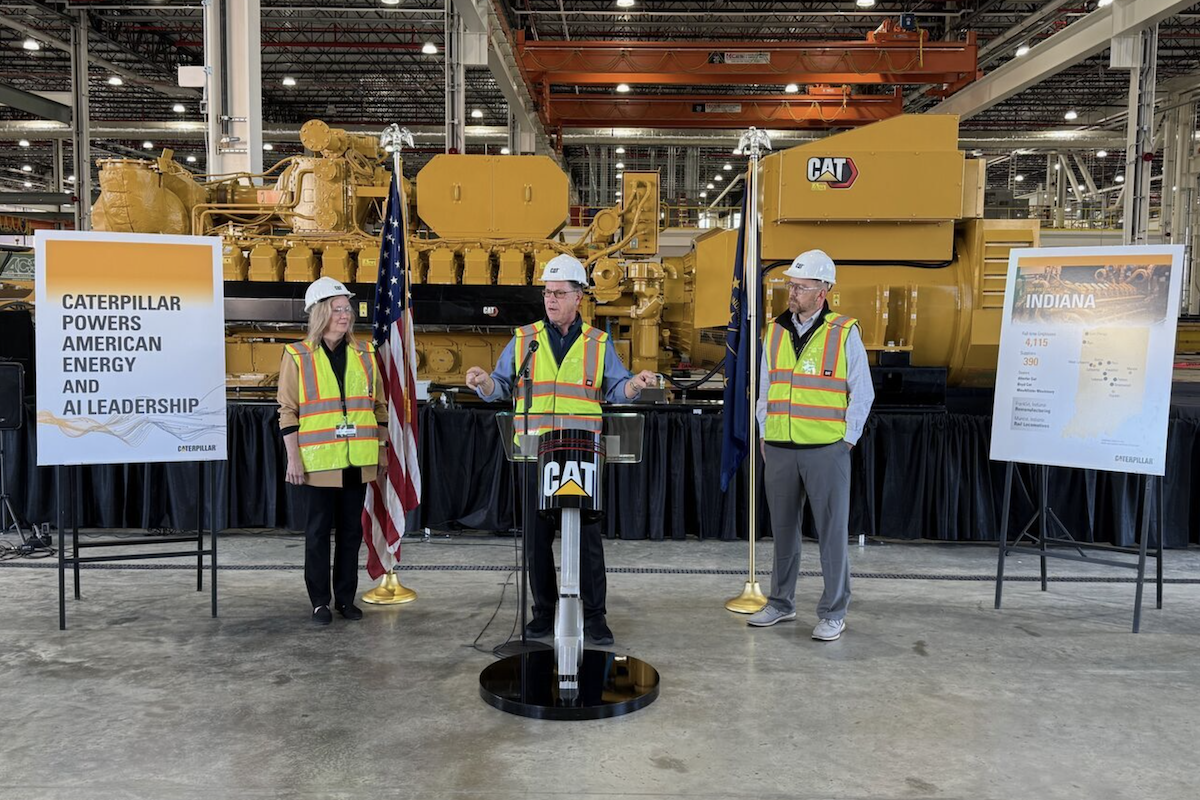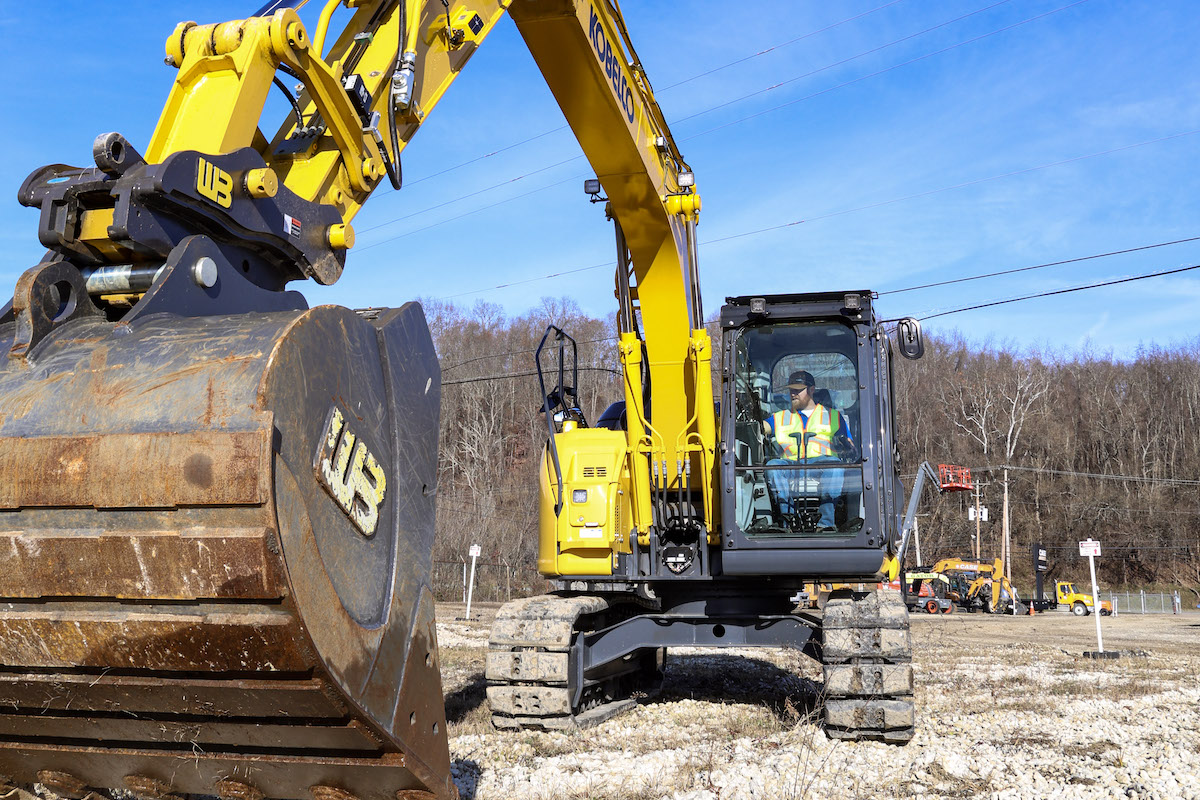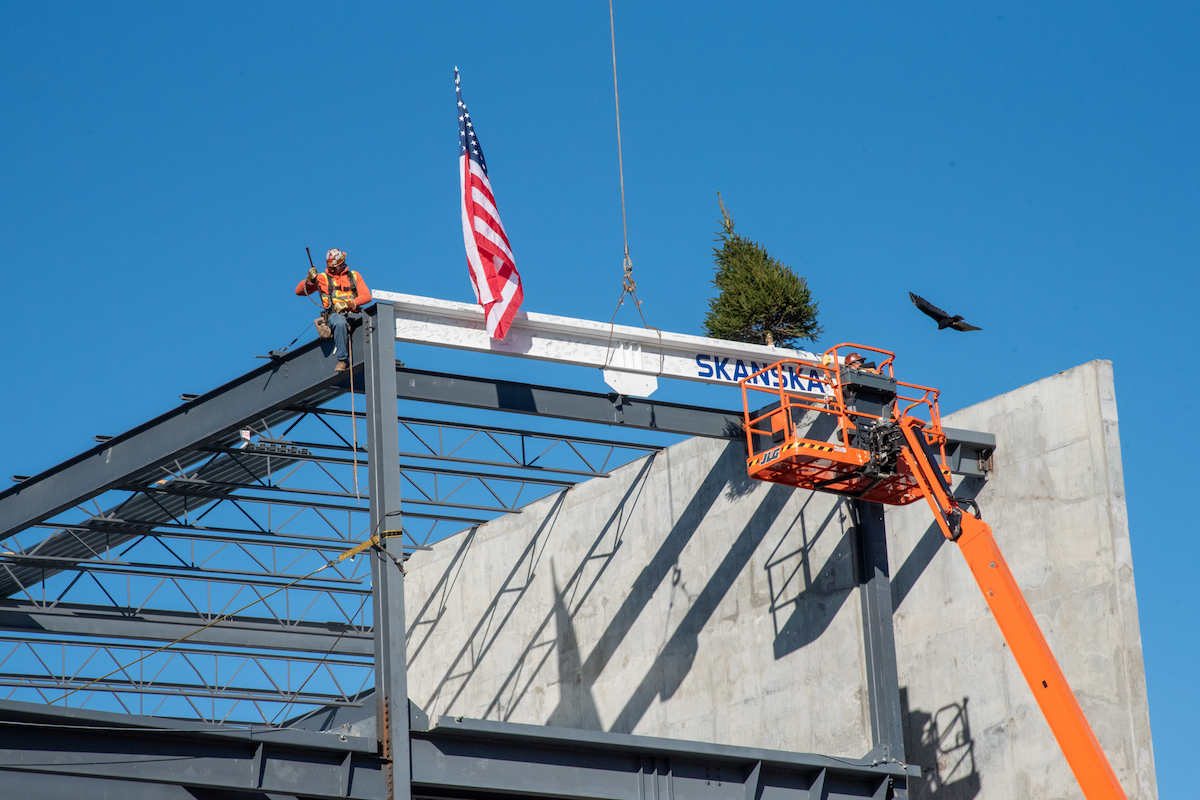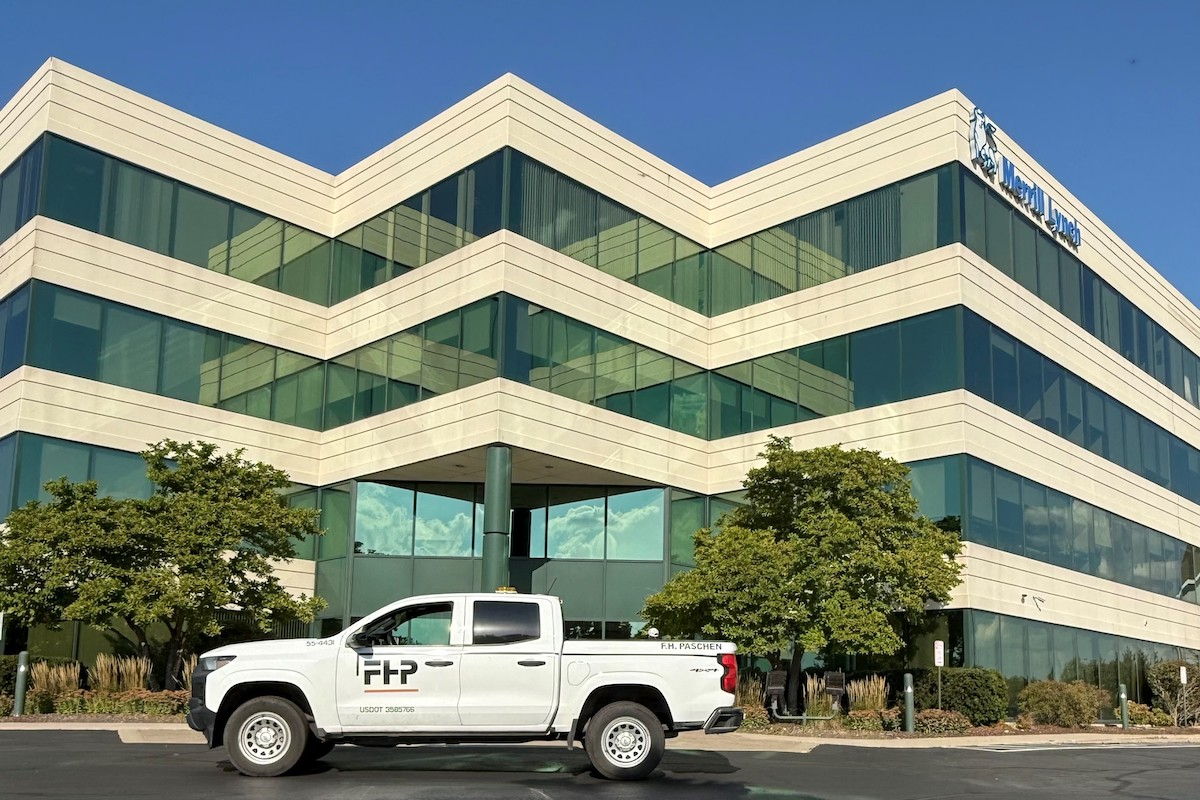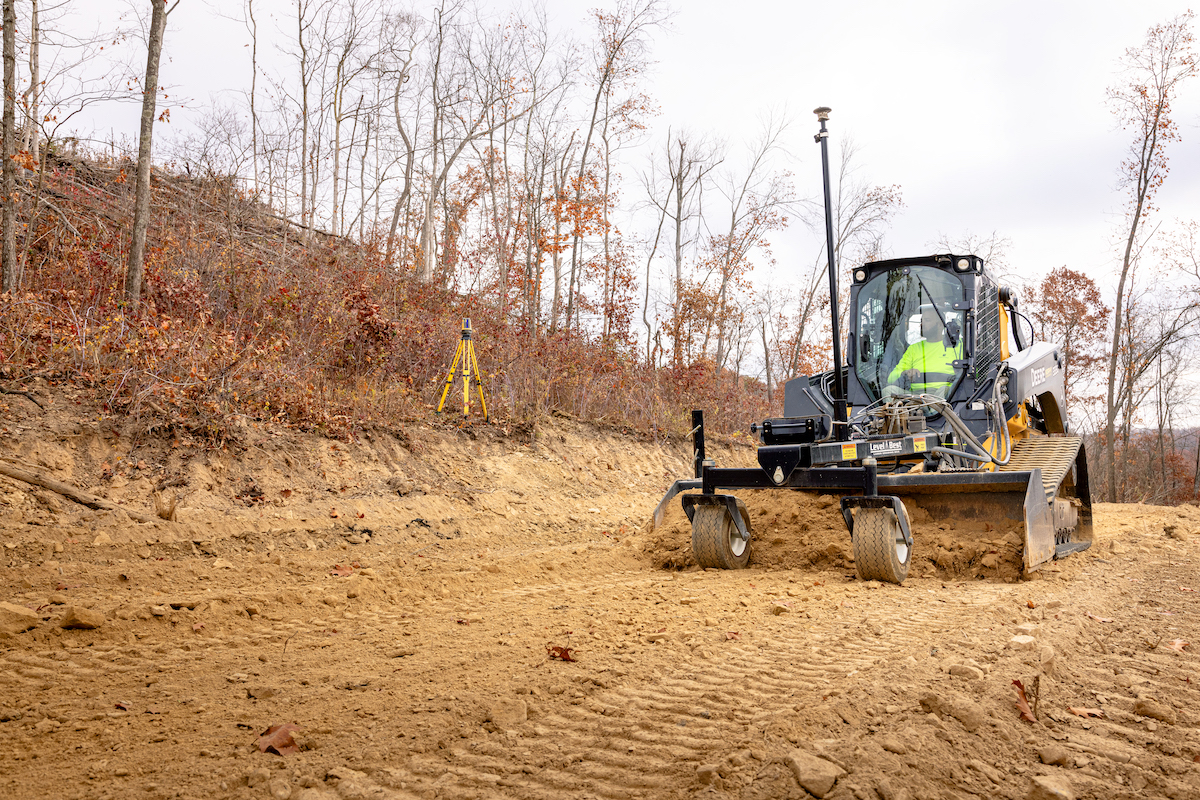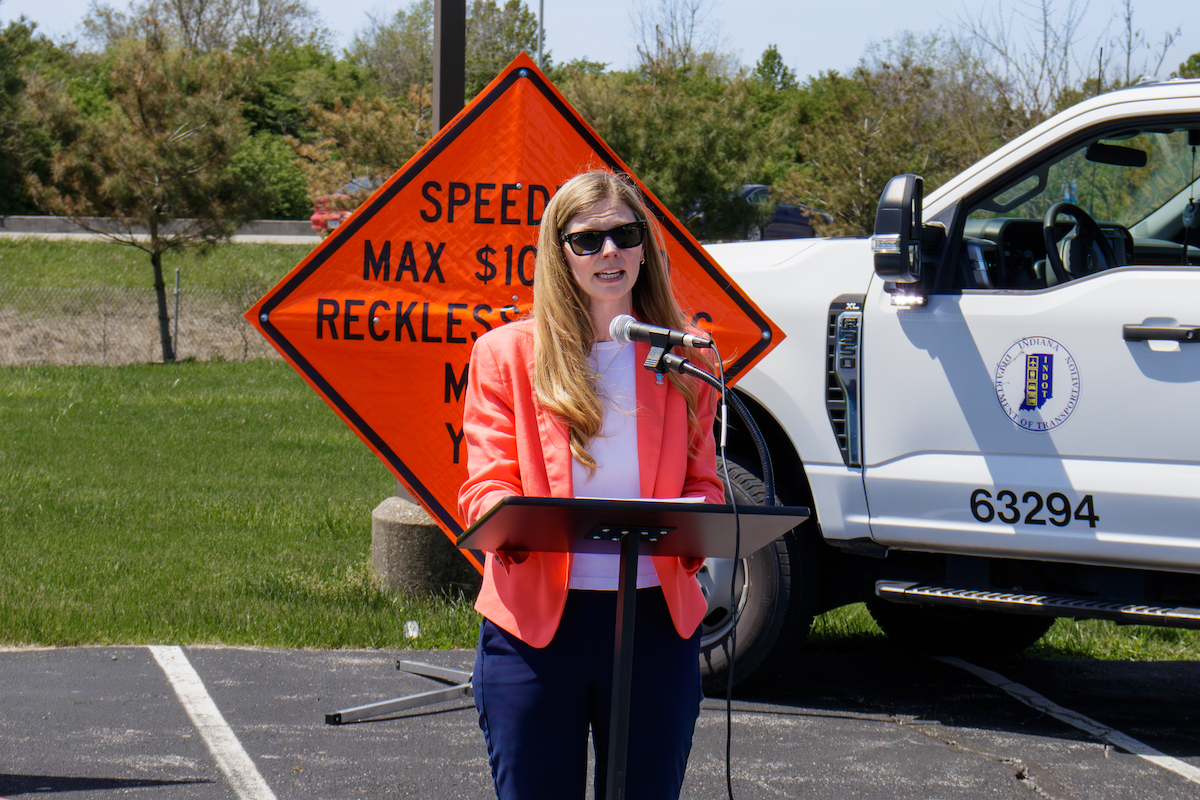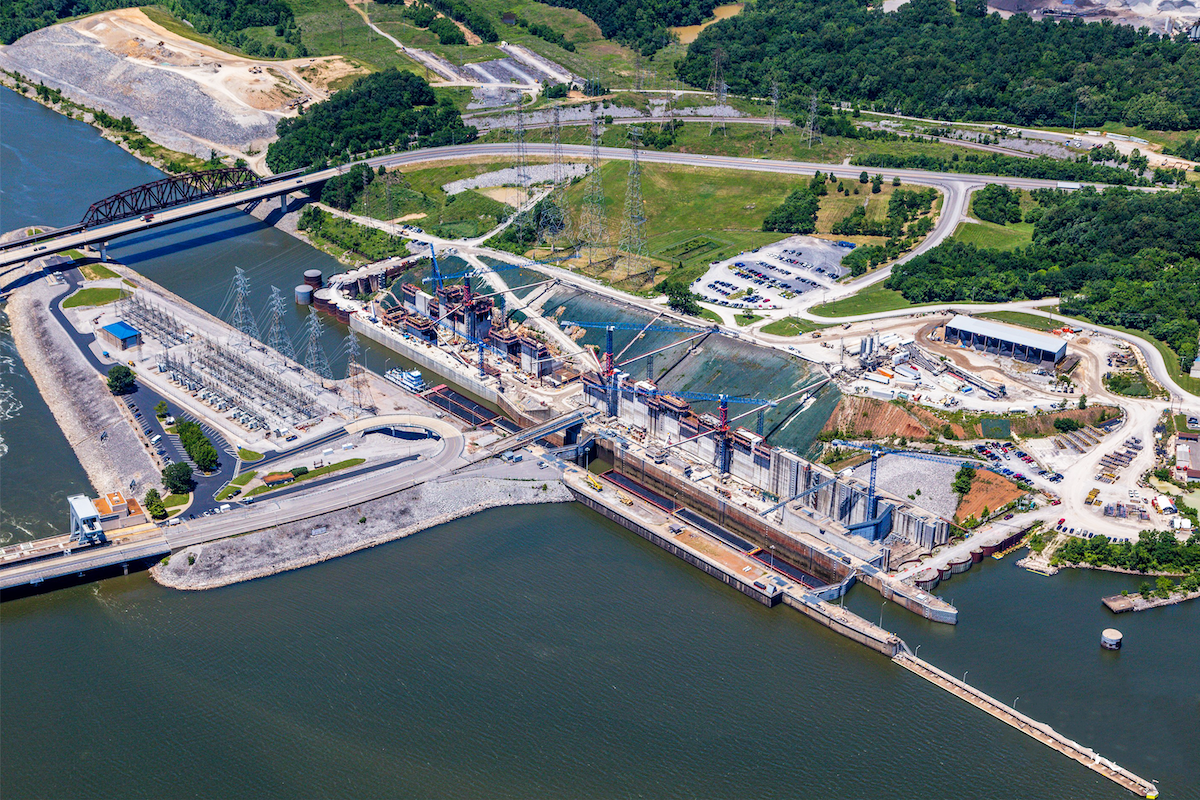INDIANAPOLIS, IN — Gaylor Electric announces that it has once again been named an Accredited Quality Contractor (AQC) by Associated Builders and Contractors (ABC) for 2024. This credential, awarded to top-performing construction firms, highlights Gaylor Electric’s commitment to corporate responsibility. Only 525 of the nation’s elite merit shop construction contractors earned the credential in 2023.
“Gaylor Electric is dedicated to setting new standards in our industry,” Gaylor Electric CEO Chuck Goodrich said. “We strive to deliver exceptional results for our clients while continuously enhancing safety practices, developing strong team connections, and investing in the growth of our employees.”
Launched more than three decades ago, ABC’s AQC credential provides recognition to industry-leading construction firms that have documented their commitment in five areas:
- Quality
- Health and safety performance
- Talent management, including inclusion, diversity, and merit
- Craft and management education
- Community relations
“Every day, the leaders and employees of Gaylor Electric put in the work and make the decisions that deliver the highest-quality construction services to their communities and embody the highest level of corporate achievement,” ABC President and CEO Michael Bellaman said. “Accredited Quality Contractors are top-performing ABC contractor members that set the standard for safety, culture, workforce development, innovation, merit, and quality in the contracting community. Congratulations to these outstanding construction companies. You exemplify the best of ABC’s membership.”

| Your local Komatsu America Corp dealer |
|---|
| Brandeis Machinery |
In earning the AQC credential, each member company commits to health and safety by achieving the Gold, Platinum, or Diamond level in ABC’s STEP Safety Management System. Established in 1989, STEP provides contractors and suppliers with a no-cost framework for measuring safety data and benchmarking with peers in the industry, with top performers achieving incident rates nearly six times safer than the U.S. Bureau of Labor Statistics industry average.












